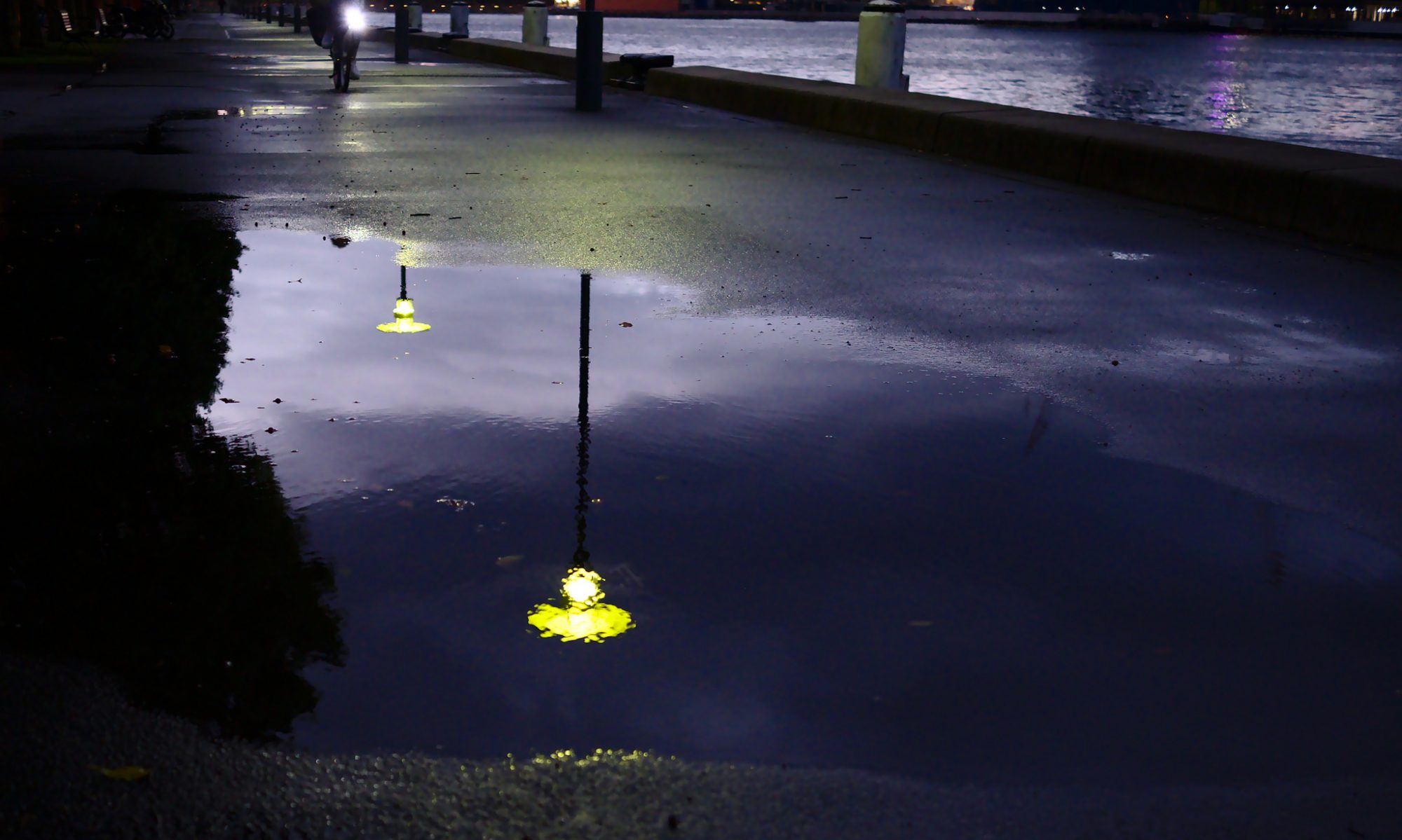This article originally appeared on Hoyden About Town.
In my years on the ‘net, I’ve seen any number of people want to interview others or get them to take surveys for everything from a short high school or undergraduate paper through to graduate research projects and books. And they so seldom manage to meet basic ethical guidelines for making sure they aren’t wasting their participants’ time at best or endangering them at worst. Hence this article.
In addition, this article may help research participants better assess requests: are researchers telling you what you need to know? Have they considered your interests as well as their desire to Find Something Out At All Costs?
Full disclosure: I am not a research ethics expert, I am simply a researcher helping you get the basics right. Please seek expert advice if you have any doubt about the safety or integrity of your research.
Why do I need to do this stuff?
Because you’re so often asking people sensitive stuff, that’s why!
Look, I have some sympathy for the “it’s just questions about something-seemingly-small!” myself. I ask people questions about their linguistic intuitions. “Which sentence reads better to you, A or B?” There’s nothing less fun than completing a 31 page ethics application to get approval to ask people about which sentences read better.
But look, all research, at best, takes up people’s time. You owe people something for that. In addition, quite a lot of the research people are recruiting for on the ‘net wants to get into harassment of women, political affiliations, sexual experiences, why people write slash. That kind of stuff? That kind of stuff in the wrong hands loses people jobs and relationships. You owe people serious, well thought out harm mitigation for that.
So, ethical research recruitment lets people know what they’re getting into, whether it is a boring half hour sharing linguistic intuitions, or sharing potentially damaging information with a reseracher.
The bare minimum
All researchers asking for participation should share this information:
- Who are you?
- Who do you work for or who commissioned this work, if not yourself?
- How can I get in contact with you, and how can I get in contact with who you are working for?
- What is the purpose of the research?
- What is the status of the research? Is this sheer curiosity that made you whip up a survey in five minutes, or a pilot study, or the main game?
- What kind of effort do you want from me? (Interviews versus surveys. Five minutes versus many hours. You get the idea. Tell me upfront what my time investment is.)
- When you’re done, where can I see the results?
- Will the results be made public and in what form? (A peer-reviewed article? A PhD thesis? A pop science book? On your blog?)
Some of this might be the sort of thing you want to put on a webpage you can link to, so you can leave short advertisements like “Hi, I’m looking for help with X, and thought readers here might want to help because of Y, if you need to know more, please see LINK.”
You;d be amazed how many people miss the “When you’re done, where can I see the results?” step. Even if they’re asking people for 20 hours of interviews or something like that. For anything but the most trivial investment of time, letting people read your results is the minimum reward required.
Also, results being made public can often be good: the subject’s work is contributing to the sum of human knowledge! So don’t consider this necessarily a bad thing in and of itself.
Institutional research
If you are doing research at the postgraduate, postdoctoral or faculty level, research using human subjects (and other animal subjects for that matter, but you aren’t likely to be recruiting them on blogs) requires ethics approval by an institution-level ethics committee in most institutions.
So, when soliciting participants for research that has ethics approval, provide the following info:
- All the bare minimums plus
- A statement citing your ethics approval in whatever manner is usual. Your committee probably has boilerplate. Typically this will name the institution, give a reference number for your experiment and provide contact details for the ethics committee.
- If your ethics committee approved a recruitment advertisement, use it! If it’s long put it at the other end of a link if that’s OK with them.
- If your ethics approval requires that you disclose a bunch of things, also state them or place them at your info link if allowed.
If your institutional research didn’t require ethics approval (some institutions might, for example, have a blanket policy covering low-risk things like linguistic intuition questionnaires) find whatever boilerplate they let you use instead, if there is any or say something sensible along the lines of “This questionnaire comes under the XYZ University Low Risk Experimentation Policy [link].”
Basically, if you are doing research on behalf of an employer state either that you have ethics approval, or if not, why not (eg, your institution has no committee).
No committee but doing something sensitive?
If you’re doing sensitive work outside the oversight of ethics committees, here’s the start of your checklist!
- All the bare minimums plus
- Are respondents going to be anonymised in your personal/researcher copy of the data? Are you stripping any associated names, IP addresses, email addresses and similar? If not, what are you keeping and why?
- How are you storing the researcher copy of the data?
- Who has access to the researcher copy of the data? (Yourself? Your boss? All of your boss’s present and future employees? The Internet?)
- When do you plan to delete the researcher copy of the data, if ever?
- Are respondents going to be anonymised in the published results? If not, what identifying information will you publish and why?
- Can a respondent withdraw their participation and be deleted from your data or transcripts? How do they do it? How long do they have to do so?
There are all kinds of other factors that ethics committees would get you to look at, basically, what capacity for harm does your research have? How are you mitigating that harm? What risk to your participants is left?
Risks include: physical health risks; mental health risks (more common with online data gathering, eg, triggering questions); exposing people to relationship disruption or breakdown, or abuse (by, eg, asking them to discuss infidelity); exposing people to criminal prosecution (eg by asking them to discuss illegal drug use); exposing people to civil liability (eg by getting them to discuss breach of contract), exposing them to job loss; denying them the best treatment or resources (by, eg, giving preferential treatment to patients or students or employees who agree to take part in the research, thus harming others); and coercing participation in general. And there’s one question that frankly stands out to me as a member of the apparently rare species Lady on the ‘Net, which is “are you studying an over-studied population and if so, what benefit does this extra research have for them, as opposed to for you?”
One of the most obvious mitigation strategies is anonymity of your subjects in reports, and eventual data destruction of any private identifying data. But as you can see from the examples related to coerced participation, it isn’t the only strategy you might need. List your possible harms, list your mitigations, let the potential subjects decide if the research is worth it to them.
Related
I wrote a similar post focussed on software development a few years back, in that case mainly focussed on “prove to your subjects that their participation is not a waste of their time.”

 Ethics classes in special religious education time (SRE) are almost certainly going ahead in NSW, in 2011 at least.
Ethics classes in special religious education time (SRE) are almost certainly going ahead in NSW, in 2011 at least.